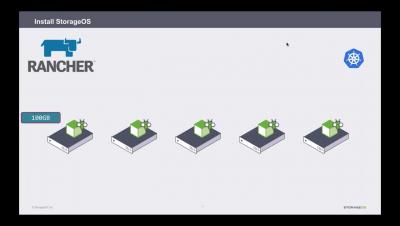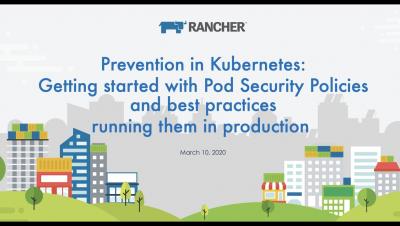Custom Alerts Using Prometheus Queries
Prometheus is an open-source system for monitoring and alerting originally developed by Soundcloud. It moved to Cloud Native Computing Federation (CNCF) in 2016 and became one of the most popular projects after Kubernetes. It can monitor everything from an entire Linux server to a stand-alone web server, a database service or a single process. In Prometheus terminology, the things it monitors are called Targets. Each unit of a target is called a metric.










